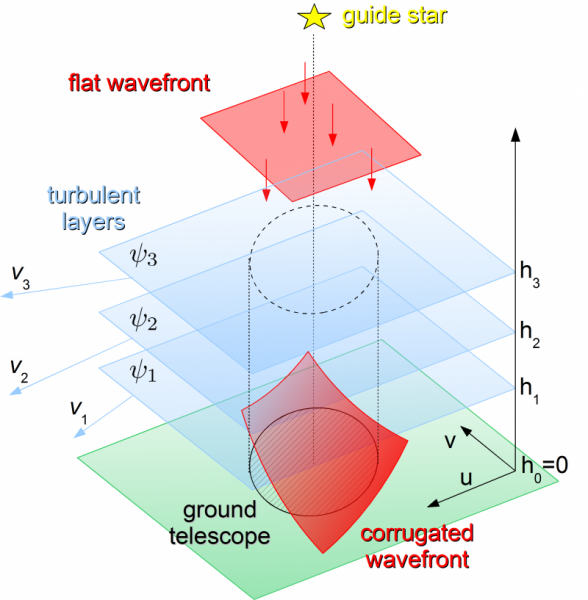

Research
|
RESEARCH AREAS |
 |
Modeling and Control of HVAC&R Systems
Efficient use of energy is one of the main strategic measures not only for the conservation of fossil energy resources but also for abatement of air pollution and the slowing down of anthropogenic climate change. The requirement of primary energy to cool and to heat buildings is an important part of the overall energy consumption in Western countries, summing up to about 30% of the U.S. and European global energy consumption, due to the increasing use of air conditioning units for cooling residential and office buildings during summer. The European Commission deliberated on the energy performance of buildings (EPBD), with the Directive 2002/91/EC which imposes several actions to achieve prudent and rational use of energy resources and to reduce the environmental impact of the energy use in buildings. This can be accomplished by increasing both the energy performance of new and existing buildings and the efficiency of cooling/heating systems. Advanced control methodologies can be applied to HVAC system management in order to improve energy efficiency, and regulation performance.
|
 |
Process control in Semiconductor Manufacturing
The semiconductor
industry is one of the most technology-evolving and capital-intensive
market sectors. The speed and effectiveness with which new products are
developed have an important influence on market competitiveness.
Efficient control of manufacturing operations is well recognized to be a
source of competitive advantage. The research activity covers
Statistical Process Control, Advanced Process Control, Run-to-Run
Control, Virtual Metrology, and Predictive Maintenence issues.
|
 |
Modeling and control for automotive applications
The activity focusses on four main topics:
|
 |
System theoretic tools for Adaptive Optics applications For centuries, the quest for higher resolution astronomical observations has motivated the use of optical instruments holding larger and larger lens. But, as long as the lens diameter of a ground-based telescope becomes larger than some dozens of centimeters, the influence of the terrestrial atmosphere on the incoming light beams arriving from the astronomical objects is no longer negligible. of the incoming turbulent phase values, a set of deformable To compensate the atmospheric turbulence effect, ground telescopes are provided of an adaptive optics system: This is formed by a wavefront sensor which takes measurements mirrors, and a control unit which shall compute proper input commands for the deformable mirrors to adapt their shape so as to compensate the current phase delays. The research focusses on atmospheric turbulence modeling, simulation, and prediction. |

